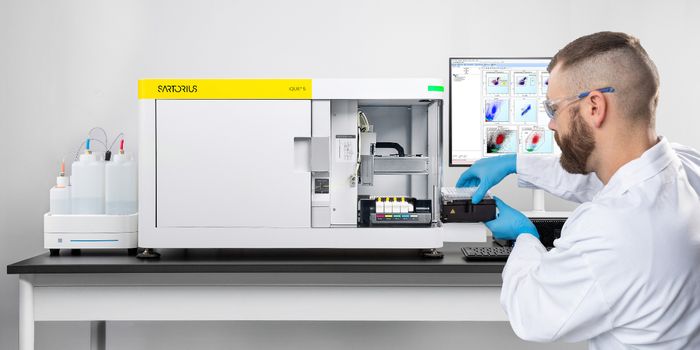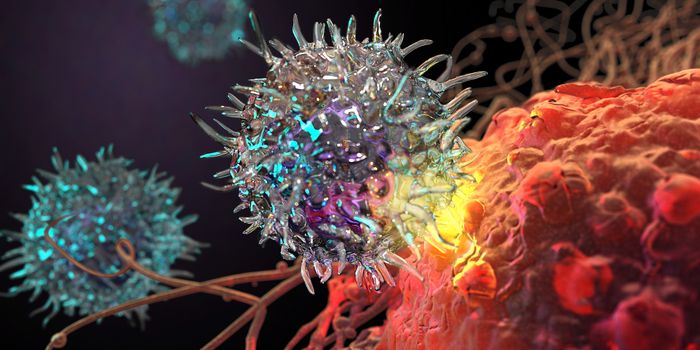A Healthy Diet Can Prevent Prostate Cancer Progression
A recent study published in JAMA Oncology shows a newly uncovered benefit to maintaining a healthy diet: keeping low-grade prostate cancer low-grade. Upon diagnosis, pathologists assign prostate cancer a Gleason grade based on how abnormal the cancer cells appear under microscopic examination. Higher scores correspond to a more abnormal cellular appearance; the higher the score, the quicker the cancer grows and spreads. After pathologists determine Gleason grades for different areas of the tumor, they classify the cancer into a Grade Group ranging from one (least likely to grow) to five (most likely to grow).
Low-grade prostate cancers, those least likely to grow and spread, often don’t require treatment. Instead, patients with low-grade diagnoses usually enter active surveillance (AS), a highly effective process of regular monitoring of a patient’s cancer to catch and find changes that indicate the cancer is becoming more aggressive. AS remains highly effective for many low-grade prostate cancer cases because the tumors remain indolent, and the regular monitoring accompanying AS programs ensures doctors detect any changes to the cancer in time for curative treatment interventions.
Despite the success of AS, doctors did not understand how diet impacted the likelihood of reclassification of low-grade prostate cancers to high-grade cancers requiring treatment. To address this question, a team of researchers assessed how diet quality influenced prostate cancer grade classification during AS. The researchers conducted a prospective cohort study with prostate cancer patients diagnosed with grade group 1 (GG1) prostate cancer between January 2005 and February 2017. All participants underwent AS and completed a dietary questionnaire when beginning their monitoring program.
The study utilized pre-determined dietary scoring metrics, including the Healthy Eating Index 1999-2000 (HEI) and energy-adjusted HEI (E-HEI) to determine how well a patient adhered to healthy dietary guidelines. These measures indicate the overall quality of a diet, and the higher the score, the higher the diet quality. Further, the study used Dietary Inflammatory Index (DII) and energy-adjusted DII (E-DII) scores to assess inflammation associated with each patient’s diet. These scores indicate the inflammatory and anti-inflammatory quality of a person’s diet, and a higher score suggests a diet induces inflammation in the body.
The study included 886 men with an average age of 66 years at diagnosis. The analysis estimated how baseline HEI, E-HEI, DII, and E-DII correlated to grade reclassification from GG1 to grade group 2 (GG2) or greater prostate cancer during AS. In addition, the researchers indicated reclassification from GG1 to grade group 3 (GG3) or greater prostate cancer as “extreme grade reclassification.”
Overall, the results showed that, after an average follow-up time of six and a half years, 21% of patients had a reclassification to GG2 or greater. In addition, 6% of patients experienced extreme grade reclassification. The study estimated grade reclassification rates of 5%, 15%, and 33% at three, five, and ten years of follow-up. At these same time intervals, extreme grade reclassification occurred in 2%, 4%, and 10% of patients.
The researchers found that healthy diets, indicated by higher baseline HEI and E-HEI, inferred a significantly lower risk of grade reclassification and extreme grade reclassification. These findings underscore the protective role of a healthy diet, demonstrating that men with a healthy diet experienced significant protection from grade reclassification. Baseline DII and E-DII had no association with grade reclassification or extreme grade reclassification, suggesting that inflammation inflammatory diets may not play a role in grade reclassification. Overall, the researchers conclude that men diagnosed with low-grade prostate cancer undergoing AS benefit from a healthy diet.
Sources: JAMA Oncol, CNPP Reports, Annals Med









